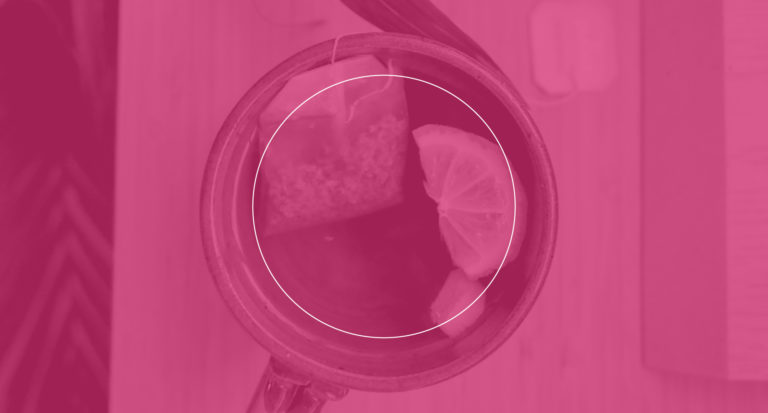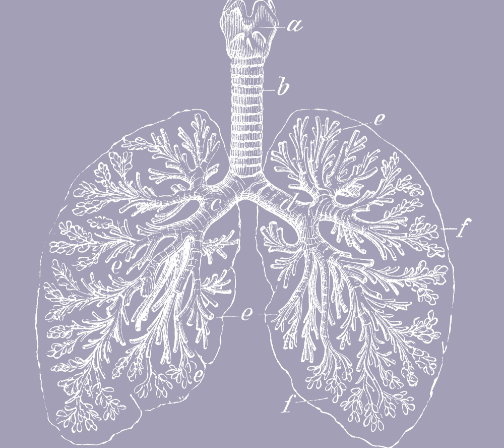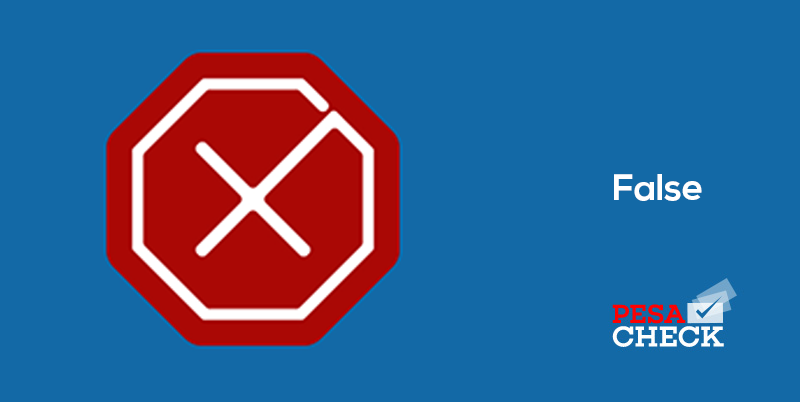


Subscribe
Data delivered to your inbox. Keep up with the latest developments.While the mixture has potential health benefits, it is not effective against the disease, which is spread by a virus.

A Facebook post claiming that a mixture of lemon, ginger, and hot water can cure COVID-19 is FALSE.
The post contains an image of a socially distanced marketplace in south India, and asks individuals to boil the water and add in the lemon and ginger, and to consume the mixture in the morning and at night.
This claim was published at a time when there is no definitive cure as yet for COVID-19, and home-made remedies for colds and flu are being touted as potential treatments for the disease.
However, there is no scientific or medical evidence that the mixture can cure or prevent COVID-19, and these home remedies may only help to alleviate the symptoms.
According to Khadidiatou Bâ Fall, an infectious disease specialist in Dakar, Senegal, the honey-ginger mixture is good for the human body, with vitamins, micronutrients and antioxidants, which have positive effects on the human body. Speaking to France 24, Ms Fall stated that some of these nutrients can boost the immune system, but the mixture itself does not help cure COVID-19.
The WHO cautioned the public against the use of untested plants and substances to cure COVID-19, stating that the only recommended measures are prevention of transmission through hand hygiene and physical distancing.
“The use of products to treat COVID-19, which have not been robustly investigated can put people in danger, giving a false sense of security and distracting them from hand washing and physical distancing which are cardinal in COVID-19 prevention, and may also increase self-medication and the risk to patient safety,” a statement issued by the WHO Africa Regional Office in Brazzaville on May 4 reads.
PesaCheck has looked into the claim that a lemon and ginger mixture in hot water is a cure for COVID-19 and finds it to be FALSE.
This post is part of an ongoing series of PesaCheck fact-checks examining content marked as potential misinformation on Facebook and other social media platforms.
By partnering with Facebook and similar social media platforms, third-party fact-checking organizations like PesaCheck are helping to sort fact from fiction. We do this by giving the public deeper insight and context to posts they see in their social media feeds.
Have you spotted what you think is fake news or false information on Facebook? Here’s how you can report. And, here’s more information on PesaCheck’s methodology for fact-checking questionable content.
This fact-check was written by PesaCheck Fact-Checker Najma Juma, and edited by PesaCheck Deputy Editor Rose Lukalo.
The article was approved for publication by PesaCheck Managing Editor Eric Mugendi.
PesaCheck is East Africa’s first public finance fact-checking initiative. It was co-founded by Catherine Gicheru and Justin Arenstein and is being incubated by the continent’s largest civic technology and data journalism accelerator: Code for Africa. It seeks to help the public separate fact from fiction in public pronouncements about the numbers that shape our world, with a special emphasis on pronouncements about public finances that shape government’s delivery of Sustainable Development Goals (SDG) public services, such as healthcare, rural development and access to water/sanitation. PesaCheck also tests the accuracy of media reportage. To find out more about the project, visit pesacheck.org.
PesaCheck is an initiative of Code for Africa, through its innovateAFRICA fund, with support from Deutsche Welle Akademie, in partnership with a coalition of local media and other civic watchdog organisations in 14 African countries.








